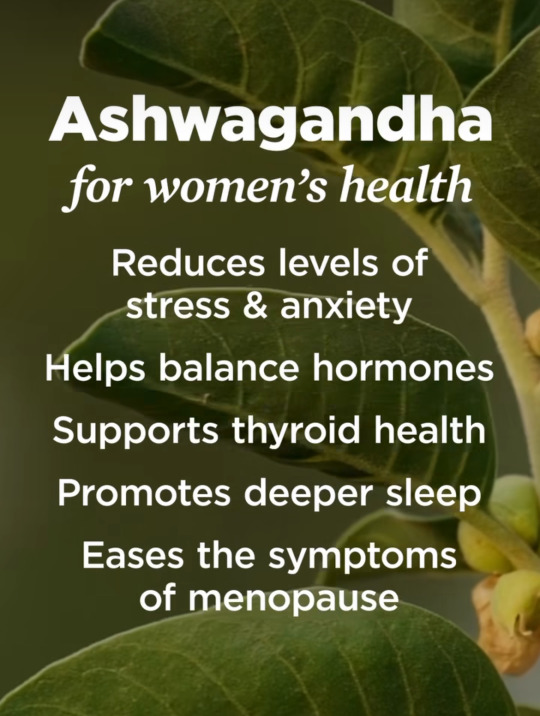#ashwagandha
Photo
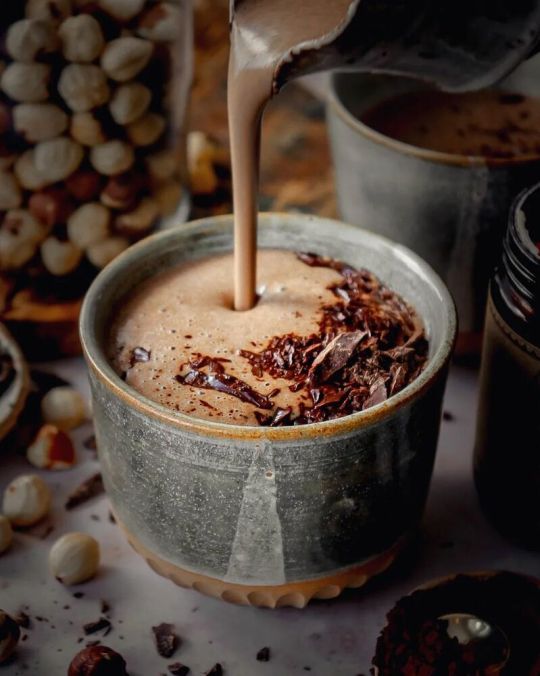
Roasted Hazelnut Coffee
#roasted#hazelnut#coffee#drink#brew#no bake#recipe#oat milk#ashwagandha#dairy free#roasted hazelnut#date#refined sugar free#vegan#fruit#healthyholisticview#thefeedfeed
1K notes
·
View notes
Text
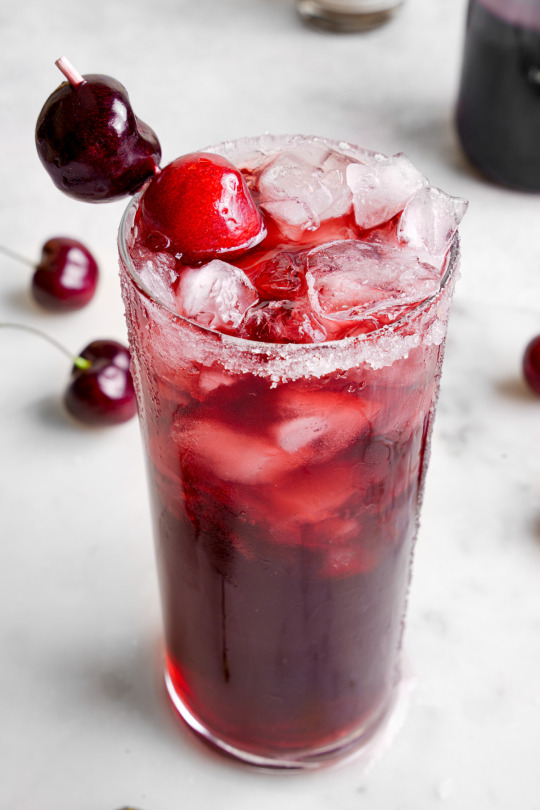
Tart Cherry Sleepy Girl Mocktail (Vegan)
#vegan#drinks#tiktok#mocktails#cherries#maple syrup#sparkling water#herbs#herbal elixir#tincture#ashwagandha#kava kava#passionflower#ginger#skullcap#blue lotus#rose#calea zacatechichi#❤
142 notes
·
View notes
Text
Herbalism in Times of Turmoil
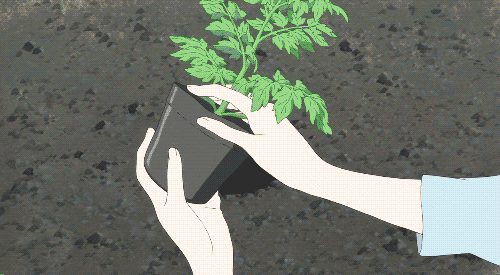
I've recently returned to my roots (pun intended) in folk herbalism to supplement the work I'm doing with my therapist. It wasn't an intentional thing -- in our current round of EMDR, we've uncovered some deeply buried trauma, and bringing that trauma to the surface has shaken the foundations of how I see myself and the world around me. I feel very raw and vulnerable. I feel disoriented and fragile.
I find myself drawn to plant medicine as I navigate this trauma with the help of my therapist. I think a part of me longs for the sympathetic magic of plants -- by taking them into my body, maybe I, too, can become firmly rooted, supported by the earth and nourished by the sun. Maybe I can relearn the magics of stillness and connection. Maybe I can reintegrate into the earth's cycles of death and rebirth.
Some of the plants I'm partnering with in this work are old friends. Others are new allies, recommended by professional herbalists for the type of trauma I'm processing. All of them are supportive in different ways, and all of them have important lessons.
Obviously, I am working with herbs as a compliment to the work I'm doing with a professional mental health counselor, not as a replacement for medical/psychological care. I recommend you do the same, especially if dealing with complex trauma. Even if money is tight, you may be able to get free or low-cost counseling through local social services, nonprofits, university hospitals, etc.
How I Work with Herbs
As an animist, I see working with herbs both as physical medicine and as a working relationship with the spirit of the plant. I don't like to say that I "use" herbs, because that implies that they are just tools. When I say I "work with" an herb, what I mean is that I am partnering with that plant as a living, thinking being that has kindly chosen to support my healing process. I try to honor that relationship in every part of my herbalist craft.
One way I do this is by verbally thanking the plants that I consume as medicine. If I'm drinking a cup of linden tea, I'll say something like, "Thank you, linden, for aiding in my healing today."
I try to use herbal preparations that allow for a sensory experience to help me connect with the plant spirit(s). I don't like taking capsules full of powdered herbs, because that doesn't allow me to see, touch, smell, or taste the plant. I like teas because they allow for a much more intimate connection with the plant's spirit, and I use tinctures when I feel like I need more concentrated medicinal compounds.
I'm a witch who loves plants, but when I'm working with herbs internally, I do not choose them based on their magical or spiritual correspondences. When choosing herbs, I look for quality scientific studies that prove their medicinal benefits, but honestly a lot of plant medicine hasn't been sufficiently studied yet. Because of this, I also look at the way plants are viewed in traditional healing modalities like Western herbalism, Ayurveda, Traditional Chinese Medicine, etc.
While I don't pick them based on their magical properties, I do think studying how these plants are used in magical practices can add an extra layer to my work with them. This helps me to have a more nuanced, deep, and complex relationship with the plant's spirit.
And of course, I always research contraindications and drug interactions before using an herb. For example, I don't recommend Saint John's Wort to anyone taking any kind of pharmaceutical medication because it really messes with the way your body processes your meds. It's also important to research how herbs might interact with other herbs and supplements you're already taking -- that's also a type of drug interaction!
I also try to remember that when we're moving through grief or processing trauma, this changes the way herbs (and drugs, for that matter) affect our bodies. I highly recommend the book The Trauma-Informed Herbalist by Elizabeth Guthrie to learn more about this.
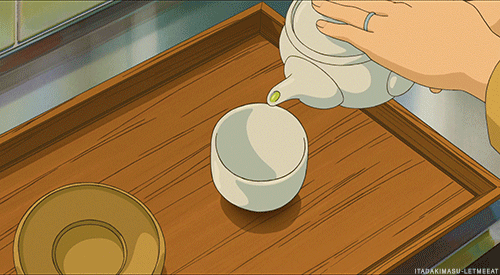
My Herbal Allies
These are the herbs I'm taking focusing my practice on right now:
Ashwagandha and Tulsi are two plant friends that I love pairing together. They're both adaptogens, meaning they can help manage the body's stress response, and come to Western herbalism by way of Ayurveda. I've been working with both of these plants for years, and although they do have different uses, I think they work really well together.
Ashwagandha is really helpful as a pick-me-up for the endocrine system (the system that produces hormones) and nervous system. I find that it has a very grounding effect and is especially helpful for when I feel overwhelmed or burned out. It's a great ally for building resilience when you feel like there's just way too much going on and have no idea how you're going to handle it all. It has a very bitter taste, so I usually add it to coffee or another very bitter beverage.
Tulsi, also called Holy Basil, is a lot more gentle and laid-back than ashwagandha, at least in my experience. It's one of my go-to herbs when I need emotional support. According to herbalists Katja Swift and Ryn Midura, "Tulsi has traditionally been the herb of choice for 'stuck emotions,' whether that's depression or PTSD or just a case of the grumpies." It has a delicious taste somewhere between basil and mint, and I love preparing it as a hot tea. This is one of my favorite herbs right now.
In Ayurveda, ashwagandha is classified as a Rasayana, which means it rejuvenates the body and can promote long life. It is also a Bhalya, meaning it promotes strength, and a Vajikara, which means it promotes healthy sexuality. Tulsi is one of the most valued herbs in Ayurveda and is even called the most sacred plant on earth in the Vedic Puranas. It increases sattva (light, clarity), uplifts the spirit, promotes joy and harmony, and increases prana (vital energy; similar to the concept of chi in China). They're sometimes used together because they're believed to support each other and enhance each other's effects.
I add ashwagandha and tulsi tinctures to my morning coffee and to other hot beverages throughout the day. I also really like tulsi as a tea, and tulsi tea is one of my go-to tools for replenishing my energy after a long day of tarot readings. That being said, I'm considering changing the way I consume these herbs to be more in line with traditional Ayurvedic practices, but I need to do more research first.
Cannabis is, honestly, one of my personal miracle workers, which is a little bit ironic because I also think it's waaaaay overhyped in the wellness industry right now. Cannabis is not a cure-all, and it is not recommended for everyone. There are several different types of cannabis, and each type has its own medicinal uses. For example, the cannabis I use in my personal practice is hemp, which is legally defined as cannabis with little to no THC, meaning it does not produce a high. Marijuana, the type of cannabis with THC, is powerful medicine for some people, but because of how my body and brain work, I personally don't use it. While marijuana use may be illegal depending on where you live, hemp is legal in most places.
I started working with cannabis several years ago to help manage anxiety and insomnia, but nowadays I mostly work with it to help with inflammation and chronic pain.
I find that my body really holds on to trauma in the form of tension, inflammation, and chronic pain. When my trauma response is triggered, I usually feel it as tension or pain, especially in my hips, pelvis, and lower back. I find cannabis really helpful for that stored trauma. It doesn't make the pain go away, but it helps me feel into it and navigate through it. I also find cannabis is really good at relaxing my body and helping me let go of that stored up trauma, almost like unclenching a fist.
Cannabis was historically used throughout the ancient world for divination and religious ritual. It's associated with connection to the spirit world, and may have been used in magical practices like the Norse practice of seidr. Scott Cunningham says hemp is associated with love spells and with Midsummer.
My favorite way to work with cannabis is with a cannibidiol (CBD) isolates. Since I live in a place where THC is illegal and have some health conditions that don't play well with THC, I like CBD isolates because I'm able to make sure I'm getting a THC-free product. I add CBD to my coffee along with tulsi and ashwagandha, and I feel like it helps me process the caffeine better. I also notice rapid relief for joint and nerve pain, anxiety, and intrusive thoughts after drinking this brew.
Meadowsweet is a new plant friend for me. I actually first came across meadowsweet when I was researching handfasting herbs -- it's a traditional inclusion in British handfasting and wedding ceremonies, and was historically used as a "strewing herb," which means it was sprinkled on the ground. It's also a traditional flavor in mead, and in fact the name "meadowsweet" comes from its traditional use in mead-making. (I actually have a batch of meadowsweet mead fermenting right now!)
In herbalism, meadowsweet is prized because it contains salicylates, which can be used to make salicylic acid, the main ingredient in aspirin. This makes it great for pain, especially pain caused by inflammation. It's also great for your digestive system, which makes it a powerful ally if, like me, you suffer from the dreaded "anxiety tummy."
Meadowsweet is a very summer-y plant for me, and its energy reminds me of summer sunshine. It's a plant that reminds me to find joy in the little things in life, and has a very hopeful vibe. This is a plant I associate with both Midsummer and Lughnasa. It's a great friend for when you just need a little sweetness in your life.
On a more physical level, I combine meadowsweet with cannabis, ashwagandha, and tulsi to manage chronic pain rooted in trauma. And, of course, for keeping the anxiety tummy at bay.
In European magic traditions, meadowsweet is associated with love, peace, and joy. Interestingly, Scott Cunningham also talks about the use of meadowsweet for protection from thieves.
I add meadowsweet tincture to my morning coffee along with ashwagandha, tulsi, and CBD. I also really enjoy it as a hot tea, and I think the flavor blends really well with tulsi.
Linden is another new friend for me, but I am obsessed. I don't think I've ever worked with an herb that feels this gentle, supportive, and nourishing to the soul. Katja Swift and Ryn Midura of the Holistic Herbalism Podcast call linden "a hug in a mug," and I think that's a perfect description of how it feels.
In Western herbalism, linden is most often used for heart conditions and to restore the cardiovascular system. However, it also works as a nervine, which means it has a calming effect on the nervous system. It can provide gentle relief for anxiety, tension, and even everyday stress. In Herbal Medicine for Beginners, Swift and Midura even recommend linden to "mitigate the side effects of drying, stimulating medications like Adderall and Ritalin." It is also recommended for nerve pain and damaged nerves.
Linden is wonderful medicine for the heart, both the physical heart and the emotional heart. I really do feel an improvement in my mood when I work with linden. It's soothing and uplifting at the same time.
Magically, linden is strongly associated with protection. It's also associated with love, good luck, and preventing insomnia. Scott Cunningham mentions carrying linden to prevent intoxication.
My favorite way to work with linden is by drinking it as a tea. It tastes similar to chamomile, but a little less fruity. I drink several cups throughout the day, especially when I feel like I need to unwind or calm down.
Rose is one of my favorite flowers. Maybe that makes me basic, but I really do love this plant. The scent of rose has been one of my favorite scents since I was very small -- I remember going to Catholic mass with my mom and praying with my own rose-scented rosary!
We usually think of rose as a decorative flower or an ingredient in perfume, but it also has culinary and medicinal uses. It's used topically to treat skin issues by promoting the growth of new skin cells and to treat rashes and eczema. It can also help soothe gut problems. Rose is also relaxing and anti-inflammatory.
In magic rose is associated with love and romance (duh), divination, healing, fast luck, protection, and connection to the divine. Cunningham recommends it for calming "personal stress and household upheavals" and says the flowers attract fairies. This might be because I was raised Catholic, but rose feels like a very sacred plant to me. In Catholicism it's associated with the Virgin Mary and with some other saints like St. Therese of Lisieux, but I personally use rose more in ancestor work (especially when working with queer ancestors) and for attracting friendly spirits in general.
Right now, my favorite way to work with rose is in aromatherapy. The smell of fresh roses is so uplifting, and it makes me feel like I'm surrounded by gentle, loving protection. I'm sure there are probably health benefits to working with the pure essential oil, but real rose essential oil is VERY expensive, so I use a mild rose-scented perfume instead. (I'm very sensitive to scents and often get headaches from artificial fragrances, but right now I'm wearing Pacifica Beauty's Persian Rose perfume and I haven't had any issues with it.)
Sources:
Herbal Medicine for Beginners by Katja Swift and Ryn Midura
Queering Herbalism, 3rd edition, compiled by Toi of the Herbal Freedom School
The Trauma-Informed Herbalist by Elizabeth Guthrie
Cunningham's Encyclopedia of Magical Herbs by Scott Cunningham
All episodes from the first season of The Trauma Informed Herbalist podcast, but especially the two-part series, "How Trauma Changes Us"
"Herbs for Psychological First Aid" from The Holistic Herbalism Podcast
"Herbs & the Holidays: Emotional Support" from The Holistic Herbalism Podcast
"Working With Herbs For Chronic Pain" from the Holistic Herbalism Podcast
"The Centuries-Old Secrets of Gender-Affirming Herbalism" by Leah Kirts
"How To Incorporate Hemp In Your Materia Medica" by Heather Saba
"Cannabis: Potent and Versatile Medicine" by Sue Sierralupe & Candace Hunter
"An Ayurvedic perspective on Marijuana" by Shilpika Devaiah
"Who shouldn't use medicinal cannabis?" by Corinne Hodgson
#herbalism#plant medicine#plant magic#green witchcraft#green witch#trauma#trauma healing#complex trauma#ashwagandha#tulsi#ayurveda#cannabis#cannawitch#meadowsweet#linden#rose#tea magic#tea witch#kitchen witchcraft#kitchen witch#queer herbalism#witchblr#witch#herbs#animism#animist herbalism#long post#my writing#mine
423 notes
·
View notes
Text
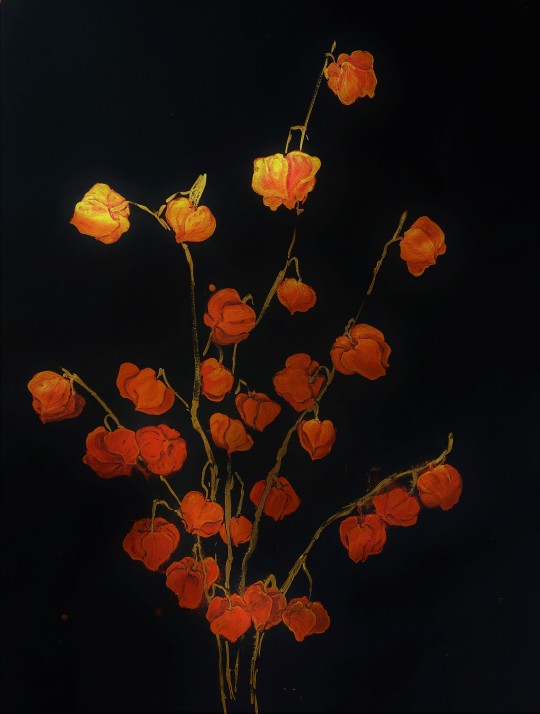
A Light Beckons
Watercolor On Black Cotton Paper
2022, 26" x 33"
Winter Cherries, Ashwagandha, Withania somnifera
Private Collection
#art#nature#autumnal#plants#floral#artwork#artists on tumblr#flowers#watercolor#painting#minimalism#minimal#orange#nightshade#winter cherry#ashwagandha#withania#garden#botany#plant#plantblr#fall
360 notes
·
View notes
Text
Taking ashwagandha to stop being so emotional >>>
32 notes
·
View notes
Text

7 Health Benefits of Ashwagandha
Relieves Stress and Anxiety. Ashwagandha is perhaps best known for its stress-relieving properties. ...
Lowers Blood Sugar and Fat. ...
Increases Muscle and Strength. ...
Improves Sexual Function in Women. ...
Boosts Fertility and Testosterone Levels in Men. ...
Sharpens Focus and Memory. ...
Supports Heart Health.
11 notes
·
View notes
Text
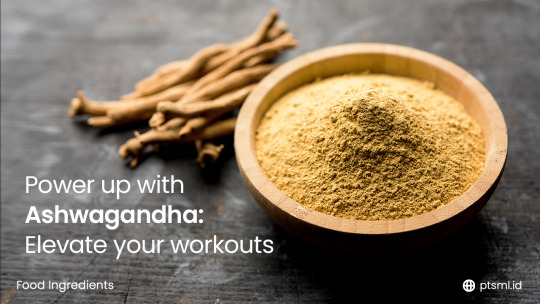






ASHWAGANDHA: Do you have any insights, Mr. Potato?
Ashwagandha is just GNARLY, and alongside creatine is one of my staples for supplementation on a budget — ’CAUSE THAT SHIT IS CHEAP AND EFFECTIVE— specifically for the challenges we face in modern society, just the fact that it has shown over and over again in studies and clinical trials that it can reduce stress and boost testosterone is already MORE THAN ENOUGH to consider taking that shit.
Ashwagandha is an ADAPTOGEN, a natural substance that helps the body adapt to stressors, whether they be physical, mental, or emotional regulating the body's stress response and helping balance hormones, improving the immune system, and promoting a healthy response to stress.
Its key benefit is counteracting CORTISOL— the hormone of stress— cortisol isn't necessarily bad, it actually is pretty important for performing in high-stress situations like combat, live competition, or public speaking.
Cortisol and testosterone have an inverse relationship, meaning that high levels of cortisol can lead to decreased testosterone levels, while low cortisol levels can lead to increased testosterone levels, and chronically high levels of cortisol absolutely DEMOLISH your quality of life and wreak havoc on your entire system.
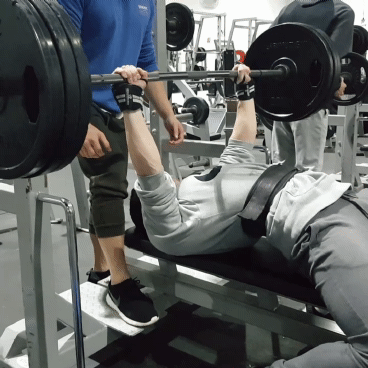
And unfortunately for us, the same technologies that provide us with the luxuries and comfort that allow this specific point in time to be the ABSOLUTE EASIEST time to survive in all human history also come with unnatural burdens that completely disrupt our brain's reward systems and perception of reality, by introducing us to an infinite new's cycle, completely abstract reward systems like bills and money, instant empty stimulation with porn, videogames, movies, and social media, and UNACHIEVABLE SURREAL standards to live by.
Not only because motherfuckers think social media is real life, but back in the day, if you were the best at whatever thing you like to do in your town, aye, you're GOOD, now, the second you start anything, you're automatically comparing yourself with the best people in the field of your choosing, and WITH A HORDE of lying ass motherfuckers.
It's like I always say, I've seen a handful of people squat 500lbs, and all of them either owned gyms or competed for years in powerlifting, ONLINE BRUH!? I'm hit DAILY with kids aged 12-88 saying they're throwing 700lbs deadlifts around like it's a rainy day in Cancun, which I very often get to smirk and reply "Dude, you know that's a WORLD RECORD for your weight, and age, right?"
So, there has never been a better time TO BE CONSCIOUS.
You simply can't live a healthy life in this day and age by simply REACTING to life, you can't operate on the basis of compulsion, the algorithms, the shiny lights, the potential indulgence has a gravitational pull that REQUIRES A CONSIDERED EFFORT TO GET OUT OF.
Most of the battle is fought on the inside, on the battlefield of the mind, with delayed gratification, composure, virtue, altruism, structure, AND FUCKING DISCIPLINE.
But supporting levels of mental health that allow for all that good shit to be implemented, REQUIRES us to take EXTREME good care of the machine, of the fucking body.
SLEEP— EXERCISE— HYDRATION— NUTRITION— SOCIAL BONDING.
These are the pillars on which your mental health will stand, if you don't have that shit NAILED, that's the first step, and if the goal is improving upon an already GREAT lifestyle, supplementation is an option, and there are TONS of evidence suggesting that yea yup, Ashwagandha will help TREMENDOUSLY.
But keep in mind, that adding it to a bad lifestyle, is like adding Stripes, and a Spoiler to your Pontiac Aztek— NO, it doesn’t turn it into a racecar— AND NO, that shit still looks absolutely RIDICULOUS.
So here are the potential HEALTH BENEFITS of Ashwagandha:
Reducing stress and anxiety
Improving brain function and memory
Lowering cholesterol and blood sugar levels
Decreasing inflammation
Boosting testosterone and fertility in men
Supporting a healthy immune system
And here are the potential ATHLETIC PERFORMANCE BENEFITS:
Increase strength and muscle mass
Enhance endurance and reduce muscle damage
Improve recovery time following exercise
Enhance cognitive function, reaction time, and hand-eye coordination
It's important to note that while there is some research supporting these potential benefits, more studies are needed to fully understand the effects of Ashwagandha on health and athletic performance.
The clinically effective dosage of Ashwagandha is 600mg/day.
So always check the nutritional facts in the bottles of any supplements that contain ashwagandha to see if they’re using ENOUGH to create positive effects, and if the supplement containing it has a proprietary blend to hide the amounts, don’t take it.
Yo, thanks for reading this all the way my BRUDDAH, if you can upvote this one for me, it would be DEEPLY appreciated my G!
BANG THAT IRON!
Big KISS
THE POTATO MAN
#ashwagandha#fitness#fitnessmotivation#kemetic dreams#fitness motivation#mr potato head#my potato man#the potato man#creatine monohydrate#creatine supplement#celia gabbiani#cross fit#cross fitness
13 notes
·
View notes
Text
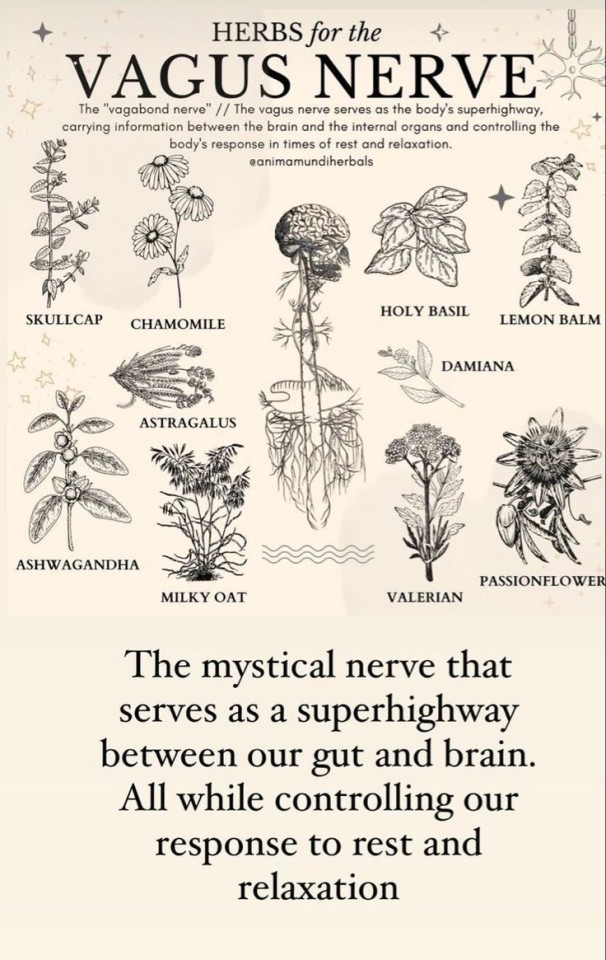
#herbalism#holistic health#holistic healing#herbarium#skullcap#chamomile#valerian#passionflower#holy basil#damiana#lemon balm#ashwagandha#astragalus#milky oats#vagus nerve#nervous system regulation#trauma healing#highly sensitive person#hsp#parasympathetic#stress#anxiety#chronic fatigue#ptsd#true nourishment#inner child work#emotional healing#somatic experiencing#mindfulness#meditation
114 notes
·
View notes
Text
Mixed the maca with ashwagandha 😌

5 notes
·
View notes
Text
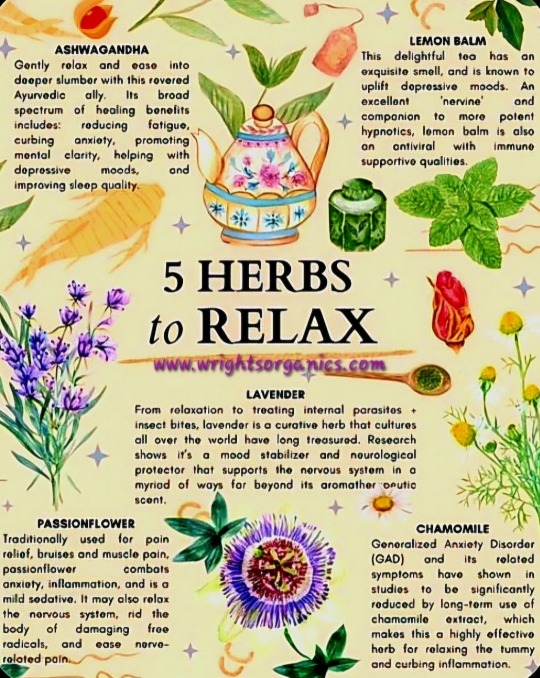
#herbs#plants#herbal remedies#relaxation#relax#organic farming#all natural#chamomile#lemon balm#passion flower#lavander#ashwagandha#diy ideas#made by me#made for you#made for others#the apothecary diaries#alchemical ascension#alchemy#creative inspiration#inspiration#creativity#self love#love#herb garden#nature#earth#entrepreneur#education#science
2 notes
·
View notes
Text
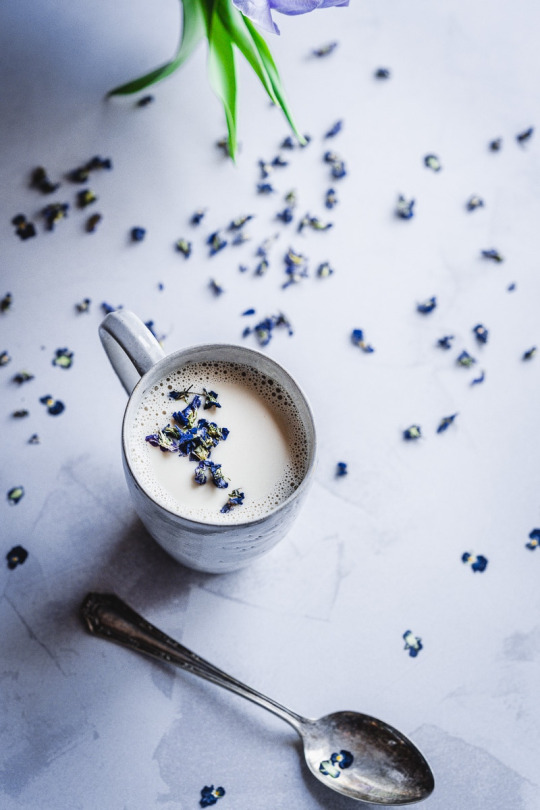
Sweet Violet Moon Milk (Vegan)
22 notes
·
View notes
Text
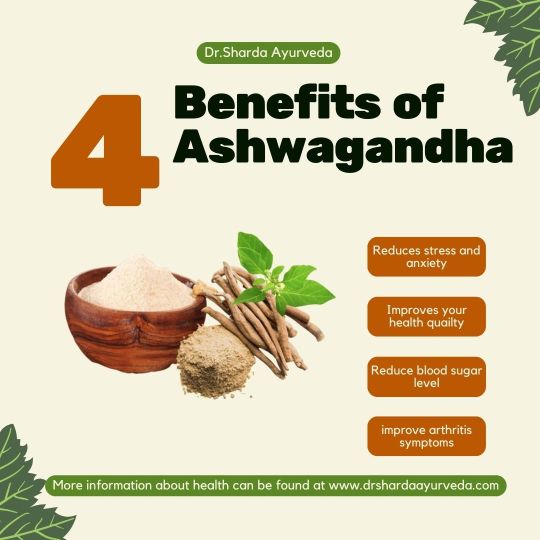
Benefits of Ashwagandha
2 notes
·
View notes
Text
Thank you to my lord and savior,
Ashwagandha 🫶🏻🙏🏻
3 notes
·
View notes
Text
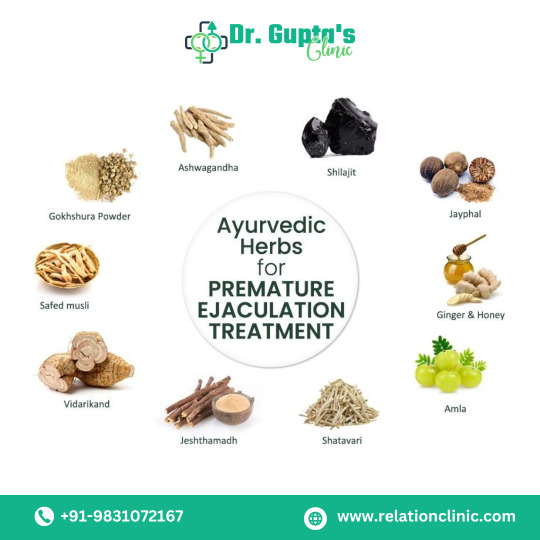
Discover lasting intimacy and wellness with Ayurvedic Treatment for Premature Ejaculation at Dr. Gupta Clinic. Experience personalized care, combining ancient wisdom with modern solutions, fostering a holistic approach to restore confidence and vitality. Rediscover a fulfilling and harmonious life. 💖🌿
Schedule Your Ayurvedic Journey to Overcome Premature Ejaculation at Dr. Gupta Clinic Today.
𝗖𝗼𝗻𝗻𝗲𝗰𝘁 𝘄𝗶𝘁𝗵 𝘂𝘀 𝗳𝗼𝗿 𝗮 𝗳𝗿𝗲𝗲 𝗰𝗼𝗻𝘀𝘂𝗹𝘁𝗮𝘁𝗶𝗼𝗻:
➡️𝗖𝗮𝗹𝗹/𝗪𝗵𝗮𝘁𝘀𝗔𝗽𝗽: +91-9831072167
➡️𝗘𝗺𝗮𝗶𝗹 𝘂𝘀 𝗮𝘁: [email protected]
#Ayurvedictreatment#drguptaclinic#Ayurvedic#kolkata#india#health#safety#help#lowspermcount#sexualhealth#lowsexdesire#bestayurvedictreatment#prematureejaculation#ayurveda#ashwagandha#ayurvedic#menhealth#libido#malehealth#weakness#wellness#healthylifestyle#maleweakness#maleenergy
2 notes
·
View notes
Text

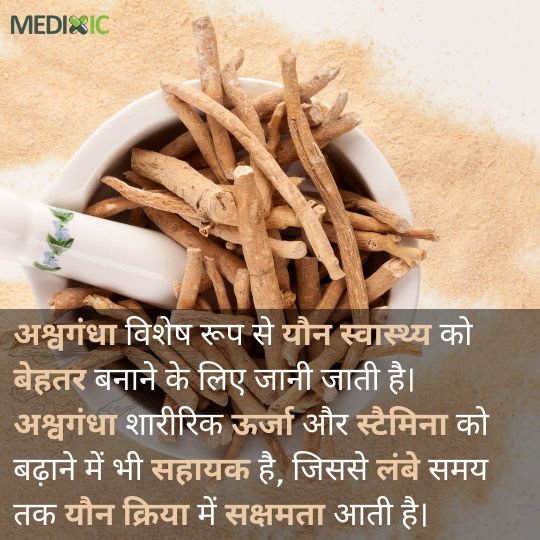
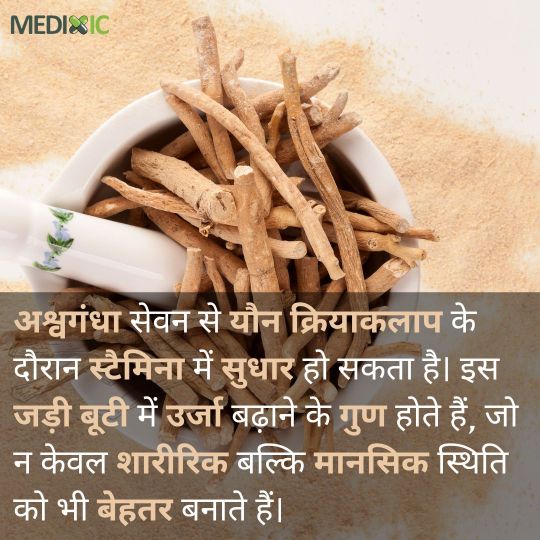
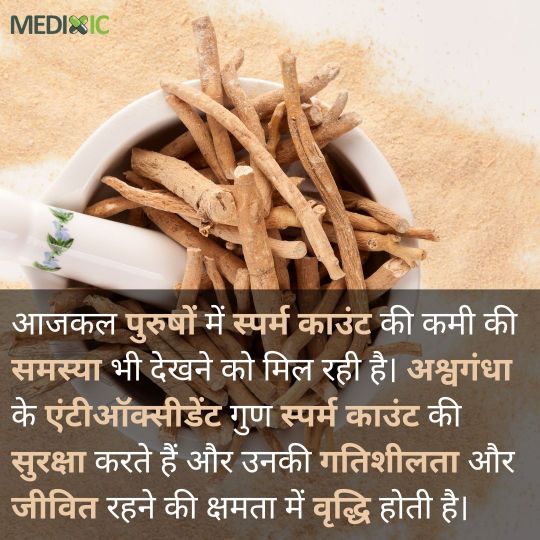
अश्वगंधा पाेषक तत्वाें से भरपूर हाेता है। पुरुषाें के लिए इसके फायदे जानकर आप हैरान हाे जाएंगे। अगर पुरुष नियमित रूप से इसका सेवन करेंगे, ताे उन्हें कभी भी सेक्सुअल लाइफ से जुड़ी समस्याओं से नहीं जूझना पड़ेगा।
#ecommerce#nutrition#ashwagandha#ayurveda#health#healthylifestyle#vegan#adaptogens#organic#plantbased#supplements#fitness#wellness#herbs#ashwagandhabenefits#yoga#natural#immunity#stress#tulsi#superfoods#energy#adaptogen#wellbeing#healthy#healthyliving#stressrelief#turmeric#medixic#glutenfree
5 notes
·
View notes
